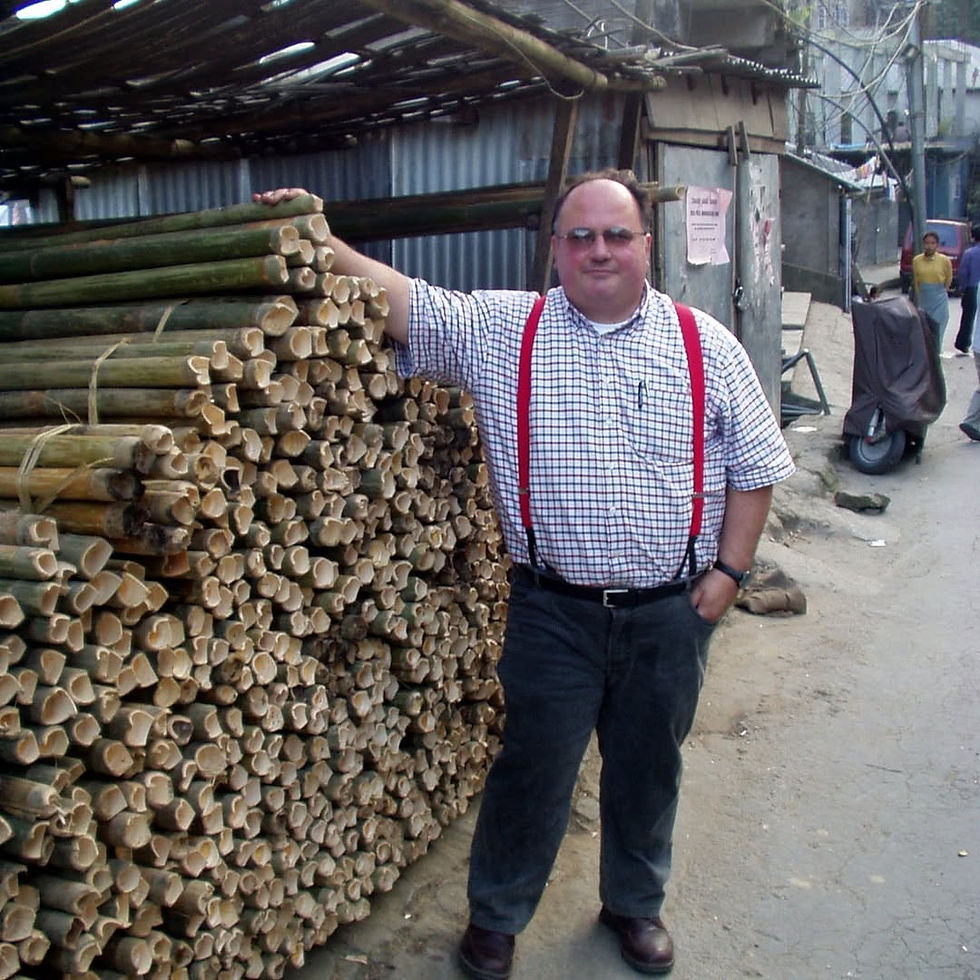top of page


News & Events
Connecting the Global Bamboo Community
Stay Informed, Stay Engaged, Stay Ahead
#BambooIsGrowing #BambooIsGrowing #BambooIsGrowing #BambooIsGrowing #BambooIsGrowing #BambooIsGrowing #BambooIsGrowing #BambooIsGrowing #BambooIsGrowing #BambooIsGrowing #BambooIsGrowing #BambooIsGrowing #BambooIsGrowing
Featured Resources
Keep up with the latest developments, news, and events in the bamboo industry, ensuring you're always informed and engaged with the forefront of bamboo innovation.
Explore a comprehensive directory of global bamboo resources, connecting you to key industry players, suppliers, and experts.
BAMBOOK
%20(5).png)
A curated collection of reference papers, presentations, and proceedings from WBO events.
WBO Resources HUB


Welcome to World Bamboo News & Events. Stay updated with the latest industry news, event highlights, and expert insights. Explore innovations, policy updates, and global happenings shaping the future of bamboo.
Popular Tags
Filter items with Category
News
Newsletter Sign-Up
Stay updated with the latest
Bamboo news and events.
bottom of page
_edited.png)

.png)

.png)

.png)
_edited.png)
.jpeg)
.png)

.png)

